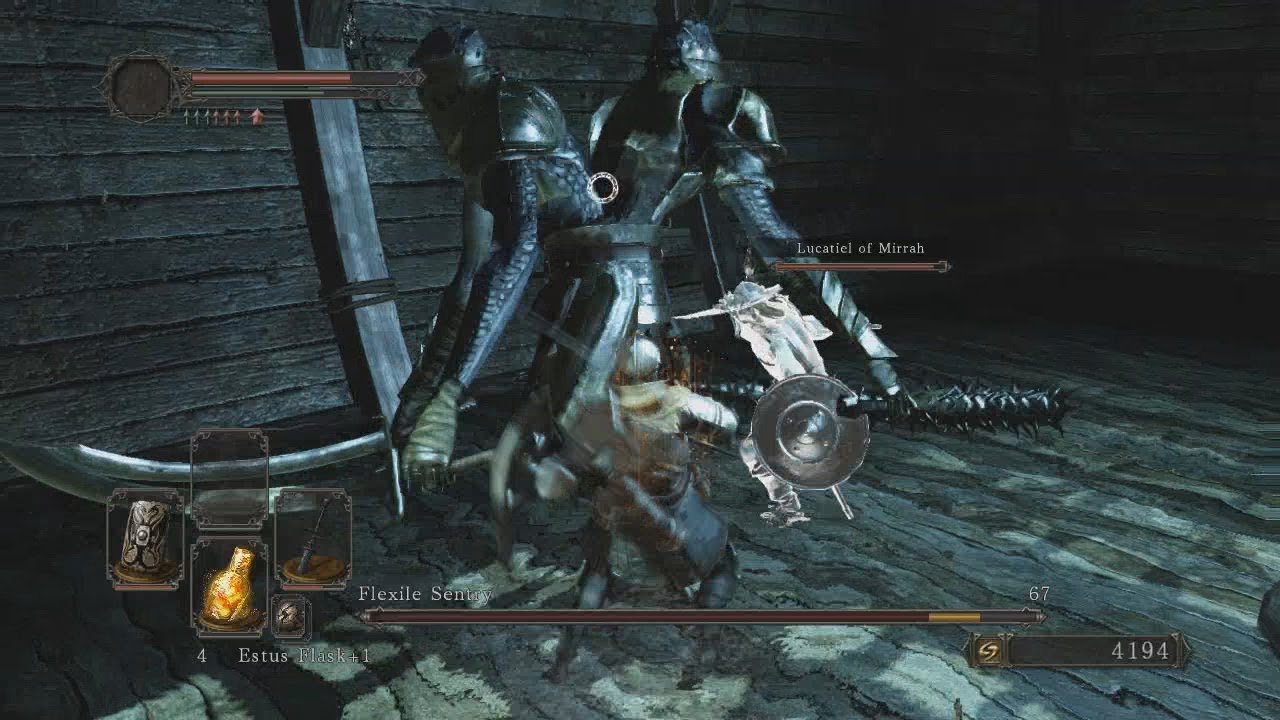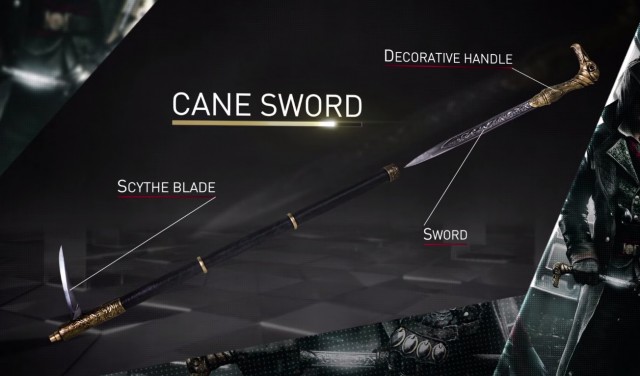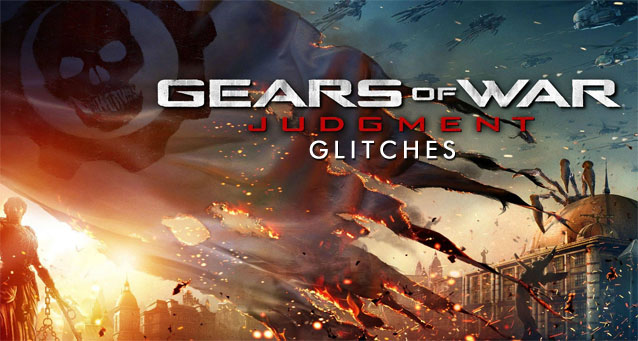

We gamers are always talking about the “stories” in our games, like how so-and-so RPG had a great one, and this other game’s was pathetic. But usually we’re really talking about canned plots, prefabbed rollercoaster rides dreamed up by the designers. Unfortunately, it’s rare to find games that give you the freedom to experience your own unique stories. The Sims is a prime example, and now it is joined by Crusader Kings II, Paradox’s latest and possibly greatest medieval fiefdom simulator.
The game takes place between 1066 and 1453, and there are literally hundreds of characters throughout that span that you can play as. Being a king is very different than playing a count, but neither’s journey is less interesting.
The stories spring up effortlessly. We first noticed when playing as Kaiser Heinrich IV of the Holy Roman Empire, around 1070. We royally pissed off, as kings by definition do, Duke Lothar-Udo II of Brandenburg, who was next in line to the throne. Not only did we fire him as chancellor when someone better came along, we also installed our newborn son as our preferred heir under the empire’s agnatic-elective succession laws. He quickly gained the majority of the vassals’ votes, putting the Duke out of his future dream job.
This was around the time that our spymaster starting reporting that the Duke was plotting to murder young Heinrich Jr. Confronted with the evidence, the Duke politely backed down, apologizing for any trouble caused. Sure, no problem. A few months later our spymaster burst in: Lothar-Udo, murder plot, Heinrich Jr. Again: so sorry, my bad. This cycle occurred three times before Heinrich Jr. turned six, at which point we sent him off to be educated by the Duke. This not only struck us as hilarious, but the good feelings engendered by this seemingly reckless act of poor parenting finally stopped the Duke from wanting to murder his new pupil. Or at least he stopped acting on those feelings, and our heir got a good education in diplomacy: win-win.
These stories play out constantly, whether you play a provincial count or a godlike emperor. While your goal is ostensibly to sustain your dynasty as long as possible, Crusader Kings II is more about the journey than the goal. Getting there is more than half the fun.
This heady, complicated mix has a substantial learning curve, so it’s not exactly the type of game to pick-up-and-play. The vocabulary alone will give most non-medieval studies scholars pause. Among the terms we had to grok: demesne, de jure, agnatic-cognatic, gavelkind, primogeniture...the list goes on. And do you really know exactly what a prince-bishop is, or how a duchy differs from a county? You will after playing CK2 for a day or two, but it’s pretty scary at first.
It was definitely touch and go for our first few sessions. CK2 is unabashedly complex, and the tutorials explain perhaps a third of the stuff you’ll really want to know. After a week of play we still have burning questions about major game systems that just aren’t covered in the tooltips or manual, so we’ve been spending some serious time on the official Paradox forums. Help is abundant there, but we’ve still got a ways to go before we’ll be weaving intricate webs of deception that’d make Machiavelli proud.
But the potential is totally there, so long as you can stick with it and conquer the sometimes-overwhelming interface. There are little buttons everywhere, and while the interface is pretty useable once you get used to it, it’s never as easy to find specific characters or visualize their relationships as it probably should be. This in particular makes the game feel impenetrable at first. The text and icons are pretty small, too. The game runs happily at 1080p but we actually reduced it to 1366x768 just so we could read the text and see the icons without squinting.
Another place the game disappoints slightly is in its Eurocentrism. While this is understandable given its already-immense scope (seriously, why have we never noticed that Europe’s so vast?), it’s still unfortunate that you can’t play as Muslims, pagans, or really much of anyone who doesn’t worship the Christian god. Modders were all over this for 2004’s original Crusader Kings, so we’re sure DLC or mods will address it soon enough.
Crusader Kings II can be a heck of a lot of fun. For us it was a slow burn; the more we understood, the more fun we had. Once you start getting past the learning curve you’ll find yourself more and more absorbed by all the complex little dramas that swirl around your nobles; you’ll know you’re getting there once you start feeling the urge to fill in other people on your crazy, possibly immoral medieval exploits.




 Gears of War: Judgment Glitches Guide
Gears of War: Judgment Glitches Guide GTA Online Guide: Resell Same Car to LS Customs for Infinite Money
GTA Online Guide: Resell Same Car to LS Customs for Infinite Money Sonic Boom Wiki – Everything you need to know about the game. .
Sonic Boom Wiki – Everything you need to know about the game. . SimCity Guide: How To Unlock Earthquake Disaster
SimCity Guide: How To Unlock Earthquake Disaster Forza 5 is Going to Make me Buy an Xbox One
Forza 5 is Going to Make me Buy an Xbox One